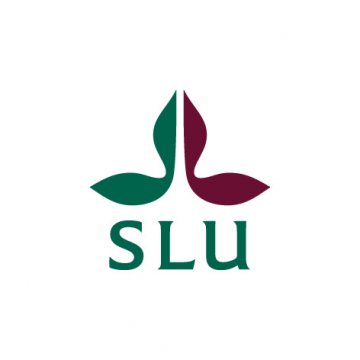Swedish University of Agricultural Sciences
SLU conducts education, research and environmental monitoring and assessment in collaboration with society at large. By focussing on the interaction between humans, animals and ecosystems and the responsible use of natural resources, we contribute to sustainable societal development and good living conditions on our planet.
Role within SOB4ES
Within SOB4ES, SLU plays a key role in WP2 as the most ‘northern’ partner in the consortium. In linking aboveground and belowground biota under different types and intensities of land use, we will sample sites for analyses of soil biodiversity in the nemoral and boreal pedoclimatic zones. SLU will focus on the molecular characterisation of soil nematode and enchytraeids communities for lab analyses. The groups of soil biota play a key role in the cycling of soil carbon and nutrients. Some nematode taxa are also important plant parasites and, as such, important in regulating plant productivity. Nematodes and enchytraeids communities will be characterised using modern molecular methods. In the analyses, we put emphasis on both taxonomic and functional aspects of these key groups of soil biota. For example, nematode taxa will be allocated to feeding groups (i.e., plant parasites, bacterial feeders, fungal feeders, predators, and omnivores) and we will use ‘coloniser-persister’ scores to calculate functional indices. Together with other SOB4ES partners, these data will be used to determine whether top-down or bottom-up regulation controls food-web responses to different land use types and intensities, for example, by calculating trophic network size, connectance, and energy flow pathways.



